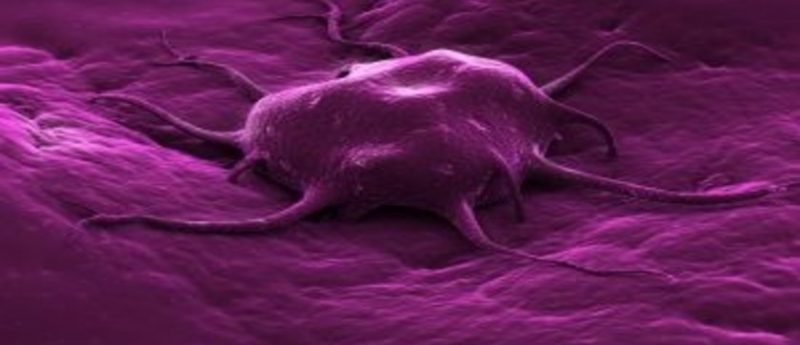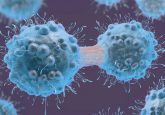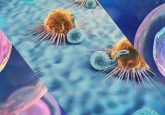Researchers discover a new mechanism of translational control that promotes tumor initiation

Researchers from The Rockefeller University (NY, USA) have uncovered how normal protein production in cells becomes distorted during the initiation of squamous cell carcinoma. The study recently published in Nature, may provide a novel potential target for future cancer therapies.
An imbalance of protein to mRNA has previously been described in some cancers, indicating that translational control may play a role in tumor formation. Elaine Fuchs (The Rockefeller University, USA) commented: “Changes in translation appear to be particularly important as normal stem cells become malignant, and our new experiments detail the control mechanisms behind a shift that occurs just prior to the development of skin cancer.”
Fuchs and colleagues utilized an epidermis-specific, in vivo ribosome profiling strategy to determine the changes in translation that occur when normal cells became malignant. Utilizing a mouse model they discovered that during tumor initiation, regular protein production was reduced whilst oncogenic protein was upregulated.
The team then conducted an in vivo RNA interference screen of translational regulators and identified that eIF2 is inactivated during tumor initiation. In comparison eIF2A, an alternate initiation factor, was upregulated leading to unconventional translation and protein expression.
Following this the team investigated if eIF2A had a similar function in humans. Utilizing the Cancer Genome Atlas, they identified extra copies of gene encoding eIF2A in 29% of patients with squamous cell carcinoma in the lungs. In addition to this, patients who had upregulated eIF2A had a poorer prognosis compared to those with normal eIF2A levels.
These results suggest that eIF2A is a driver of cancer initiation and that it could serve as a potential target for future cancer treatments.
Ataman Sendoel (The Rockefeller University, USA) explained: “By looking for molecular inhibitors that can turn off eIF2A and as a result the translation of cancer-associated proteins we suspect it may be possible to stop the formation of new tumors. For instance, one could envision using such a treatment after tumor surgery to inhibit any tumor-initiating cells that remain.”
Source: Sendoel A, Dunn JG, Rodriguez EH, et al. Translation from unconventional 5′ start sites drives tumour initiation. Nature. 541, 494–499 (2017). www.eurekalert.org/pub_releases/2017-01/ru-reh012717.php



